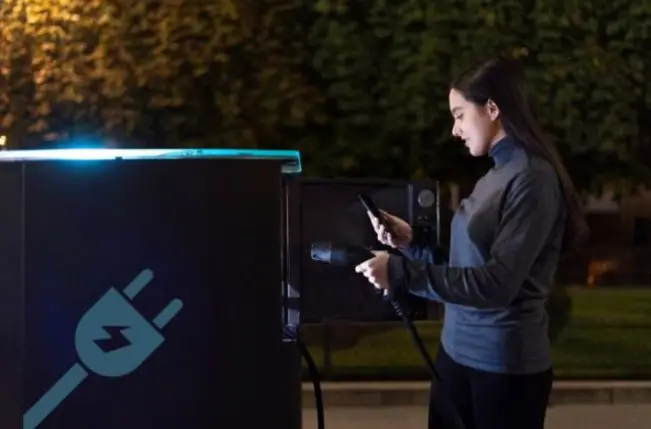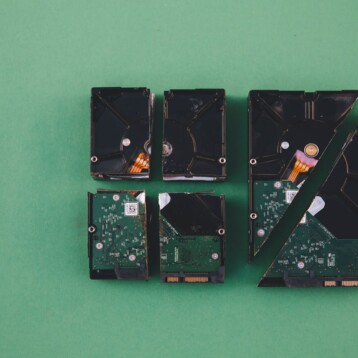
With the growth of electric vehicles (EVs), a lot of homeowners interested in having one at home are taking the time to consider the choice of installing an EV charger. This guide will outline everything you need to know when installing an electric car charger at home, from the types of chargers the installation process, how much it costs, and why it is beneficial.
Types of EV Chargers for Home Use
Before moving forward with installing an electric car charger, it’s essential to understand the different types available:
- Level 1 Chargers: The most basic chargers, Level 1 chargers come with the vehicle. Though cheaper and easily available, they are ideal for someone who does not drive a lot or can charge their EV overnight.
- Level 2 Chargers: This is a more efficient and faster option, well-suited for daily charging use. A Level 2 charger usually requires electric vehicle charging installation, an often expensive and timely process.
- DC Fast Chargers: They have fast charging speeds but are very expensive, require substantial electrical upgrades, and are not typical for residential use.
Key Factors to Consider Before Installation
There are many important factors to consider when you plan on getting an EV charger installed in your home:
- Location: Typically, charging stations are installed inside the garage or outside the house by the driveway where EVs are parked.
- Electrical Capacity: You may need to upgrade your home electrical panel to handle the load of a Level 2 charger.
- Permits and Codes: Some regions require permits for electric vehicle charging installation due to the added electrical load.
- Connectivity: Most Level 2 chargers are smart; this means they can connect to your home Wi-Fi so you can monitor your progress and even schedule when the vehicle recharges.
An experienced provider such as Fuse Service will make sure that the installation meets safety standards and works efficiently.
Installation Process
A typical process involving the installation of an EV charger consists of a few steps. Here’s what you can expect:
- Site Assessment: They will inspect your home electrical system and the place where you would like to install the charger. This involves looking to see if your electrical panel has the capacity and what upgrades will be necessary.
- Electrical Panel Upgrade (if needed): In some instances, the installer might need to upgrade the electrical panel to fit with the charger.
- Charger Mounting and Wiring: Following the assessment of the site, the technician will mount the charger and wire it to the electrical panel. This includes pulling wiring from the panel to the charger location, which may involve drilling or modifying walls.
- Testing and Setup: After installation, the technician tests the system to ensure that the charger is operating reliably in a safe manner. If you are pulling in a smart charger, they might help get it set up on the Wi-Fi and explain how to monitor it and control it through an app.
Costs of Installing a Home EV Charger
The cost of installing a home EV charger can vary depending on several factors, including the type of charger, electrical panel upgrades, and installation complexity. Here’s a general breakdown:
- Level 1 Chargers: Low installation costs because they plug into a standard outlet if one is available. The only cost would be the charger itself.
- Level 2 Chargers: A Level 2 charger generally costs anywhere from $500 to $2,000 to install, depending on if you need electrical upgrades and how easy the installation is. This will bring the cost of charger units themselves to between $300 and $800, plus the other fees for permits and wiring.
- Electrical Panel Upgrades: If your panel is in need of an upgrade, it could cost you another $1,000 to $2,500 to have installed depending on the capacity required. It is a worthy investment as it ensures that the home’s electrical system is ready to handle more power demand for those planning to future-proof their setup.
Over the long run, that factor should be included in your considerations of costs, as it might save you money on public charging. For many electric vehicle (EV) owners, setting up an electric car charger in their homes can quickly save time and fuel.
Benefits of Installing a Home EV Charger

For EV owners, a home charging station can bring many benefits. Here are some key benefits:
- Convenience: A home charger allows you to charge your EV whenever it suits you; you don’t have to make a detour for public charging stations, and your battery will always be full before leaving the house.
- Cost Savings: At home, charges are usually much cheaper than at public charging stations. In fact, numerous utilities provide off-peak pricing for EV charging, which means you can save even more charging during certain hours.
- Enhanced Property Value: As the demand for electric vehicles (EV) surges, a home charging station can be a great selling point for future buyers and lend added value to your property.
- Reduced Range Anxiety: When you can charge at home, there are no range anxiety issues; each day, your vehicle is fully charged, and there’s no need to plan the next charging station stop.
Having a personal charging station is naturally helpful for any EV owner, making the investment of home electric vehicle charging installation worth it due to the convenience and savings over time.
In Conclusion
Getting a home EV charger is one of the best ways for homeowners to take advantage of the convenience and savings that an electric vehicle has to offer. To have a hassle-free installation, take care of the types of chargers there are, where you intend to use them, their electrical capacity, and what you can expect during the installation process.
Relying on a trustworthy provider, such as Fuse Service, helps install an effective service that satisfies the safety and quality criteria. With the added benefits of increased convenience, potential cost savings, and a boost to your property’s value, installing an electric car charger at home is a smart step toward a sustainable future.










